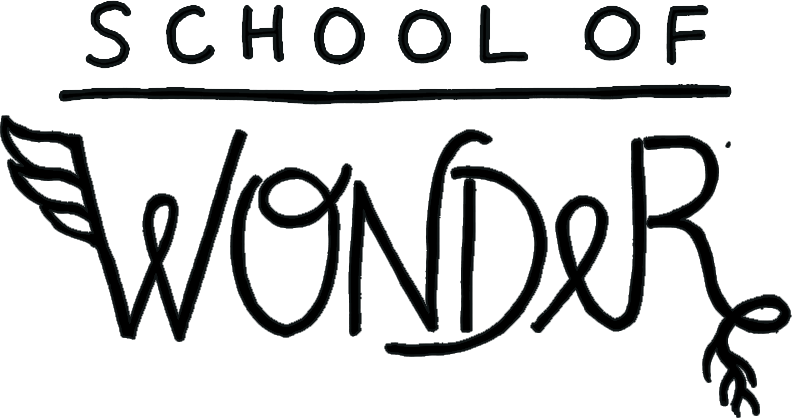The Need for Creative, Social and Emotional Skills
PREPARING CHILDREN FOR THE NEW PARADIGMS OF LIFE AND WORK
Humanity is necessarily moving towards more evolved tasks and more flexible mindsets, led by the new possibilities of technology and global connection.
Agricultural Era
Industrial Era
Technological Era
The three eras
In the industrial revolution era, machines substituted human beings in many physical tasks, and thus humans began performing more intellectual tasks. Today, the technological era has created a paradigm shift in terms of how society works that necessitate the development of new approaches to learning. In essence, technology and artificial intelligence are replacing humans in many cognitive and rational tasks.
This shift is providing an opportunity for humans to focus on more complex tasks and purposes that require developing the creative and empathetic parts of our mind. Creativity and empathy therefore become the new forms of intelligence that will enable humans to adapt to constantly changing structures, as well as develop creative solutions for a sustainable planet.
The era of excessive consumerism and leverage of resources that destroy our planet are reaching their maximum exponent. The natural, social and political structures that dominate our world are trembling and will soon become different. The new paradigms of life and work will require new learnings to navigate uncertainty and the ability to adapt to flexible and constantly changing structures.
preparing kids for a new era
We want to prepare our children for a new period of regeneration, empowering them to develop creative solutions with an open mind, to make the Earth a sustainable place to co-habit. Our overarching mission is to contribute to the progress and peace of society by helping children develop skills to become thoughtful, engaged citizens and leaders in the 21st century who can regenerate the planet and reconnect Humankind.
Check out how we incorporate this into our programs by signing up for one of our upcoming adventures!




